
America’s Secret War
Inside the Hidden Worldwide Struggle Between America and Its Enemies
Published by arrangement with Doubleday, a division of Random House, Inc.
www.randomhouse.com
ISBN: 9780385512459
Pages: 368
Read offline
Recommendation
Al-Qaeda’s September 11, 2001, attacks on the United States initiated a unique war. This dispersed, ideological, religious, fanatical, stateless enemy required America and its allies to rethink their military and political strategies so they could wage a war in some of the world’s most remote locations. The situation rendered previous military-political models useless. The war against al-Qaeda required an entirely new, global offensive strategy. Author George Friedman asserts difficult-to-uncover – and difficult-to-prove or disprove – information about the international intelligence and military infighting that shaped the Iraq war’s initial stages. His detailed presentation shows his command of this complex global geopolitical and military story. He presents a saga much more complex and intertwined than most media reports on Iraq, which is, of course, the advantage of a book. getAbstract considers this essential reading for anyone interested in the Middle East and the war against al-Qaeda, including journalists and those interested in current events, intelligence and military-political history.
Summary
About the Author
George Friedman founded and chairs Stratfor, a private intelligence company. He has written four books and numerous articles on national security, warfare and intelligence. A nationally recognized expert, he has appeared on major television networks and has been featured in Time, Barron's, The Wall Street Journal and The New York Times Magazine.








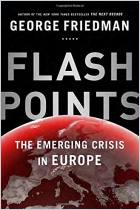
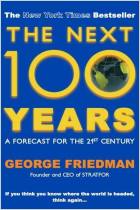
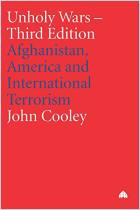
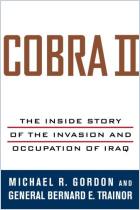
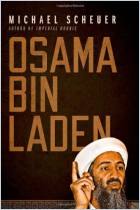
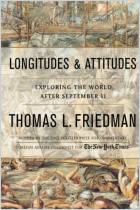
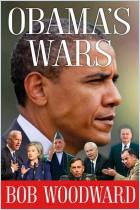
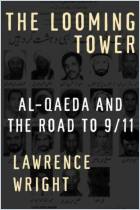


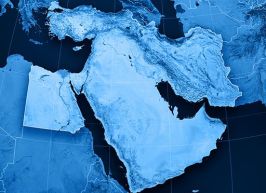






Comment on this summary or Start Discussion